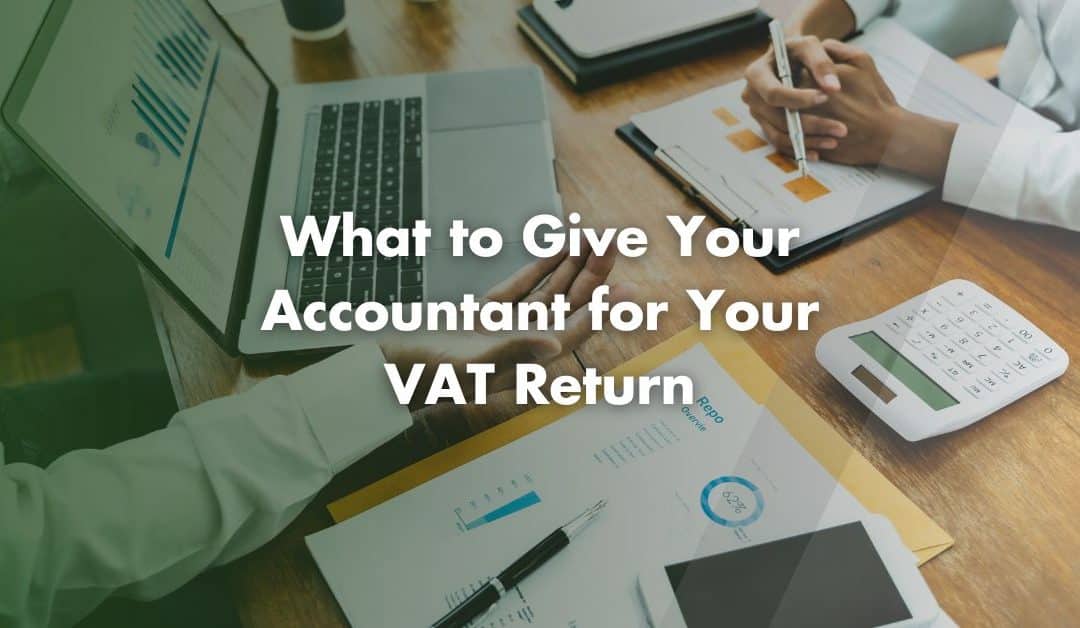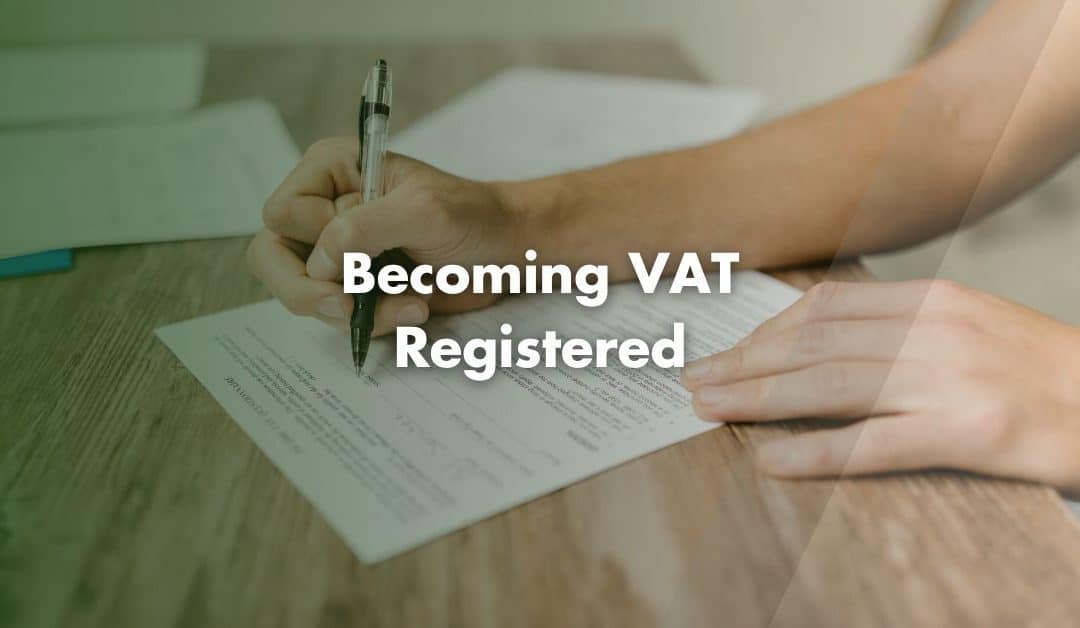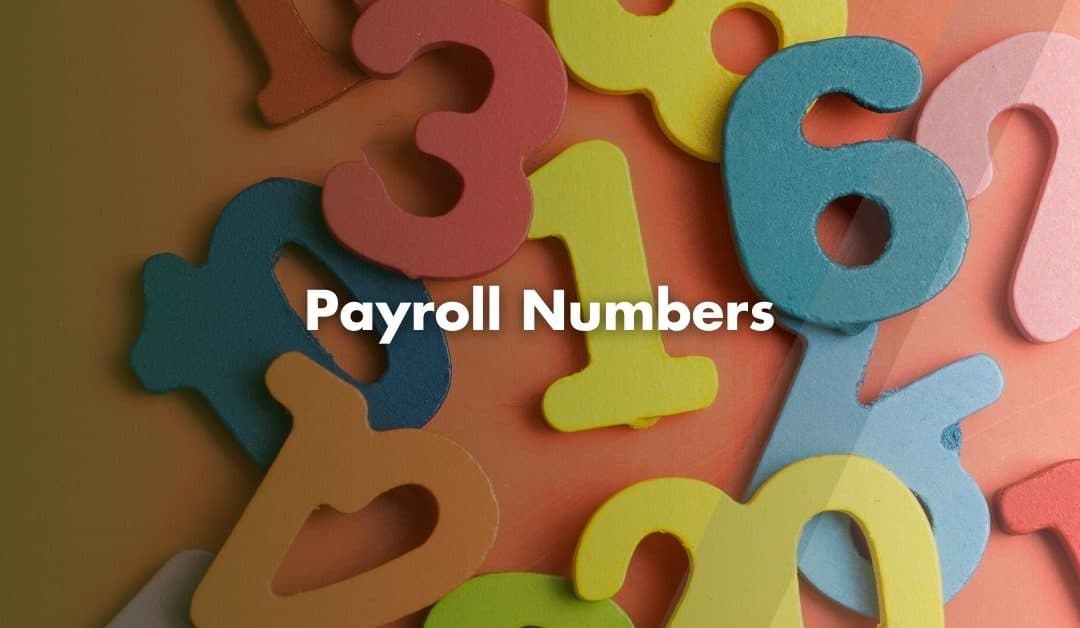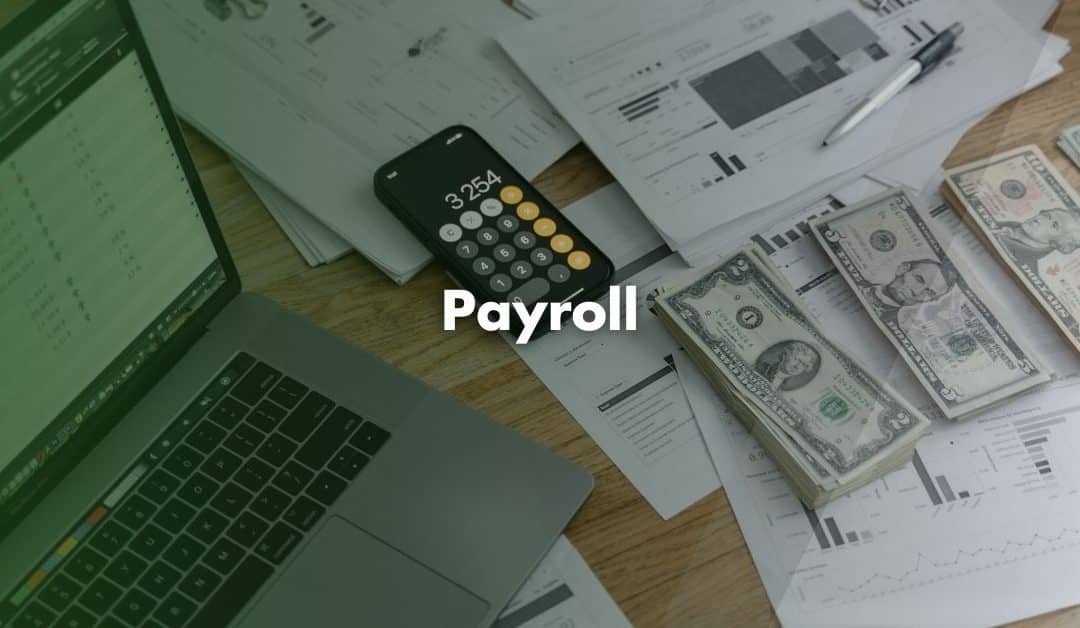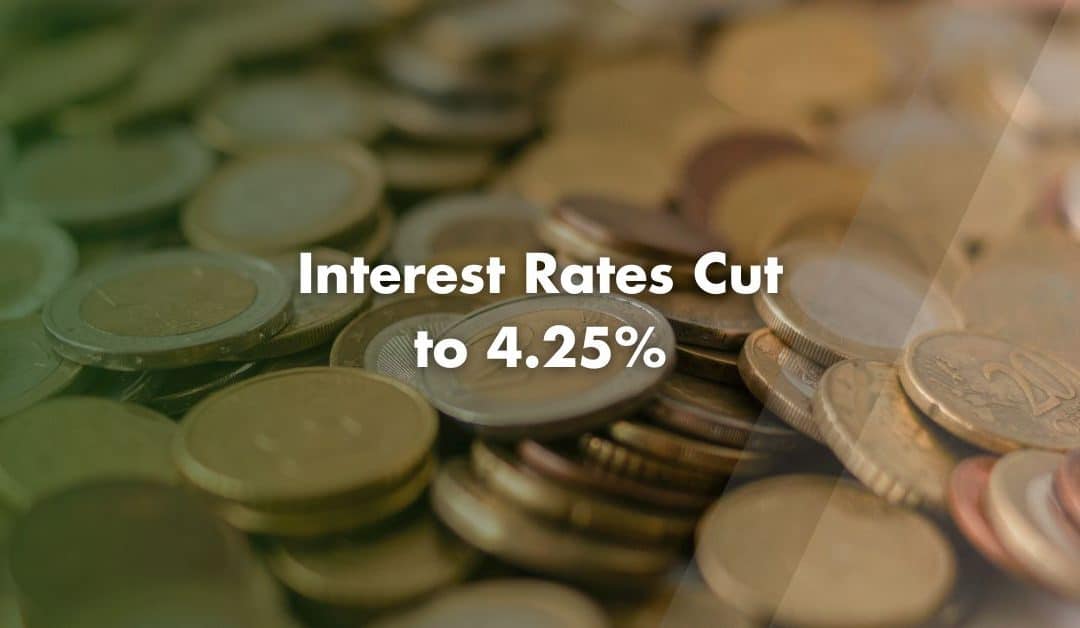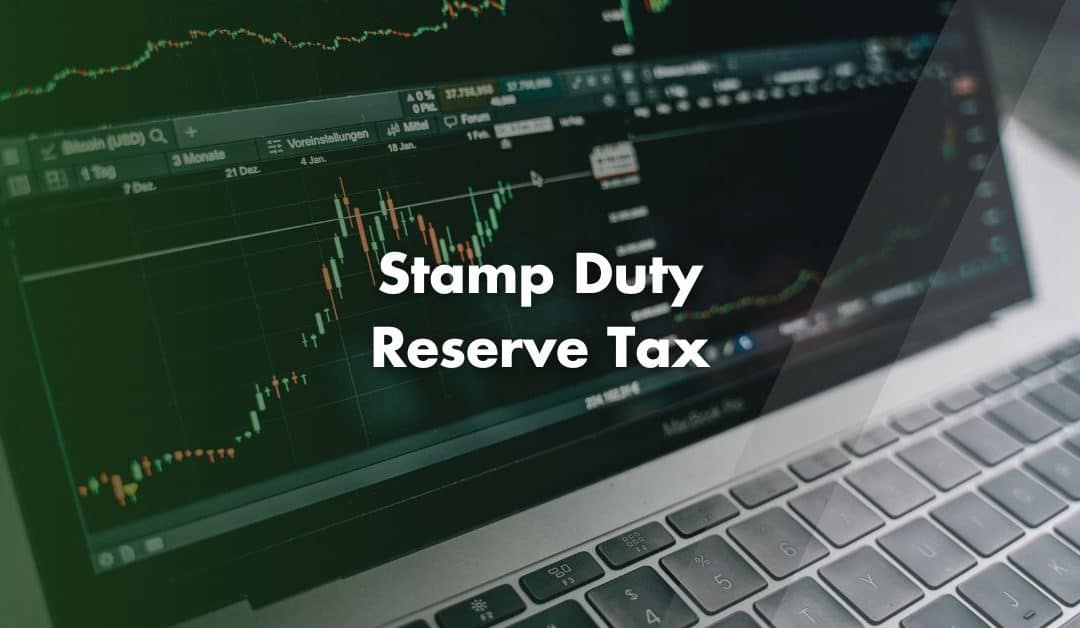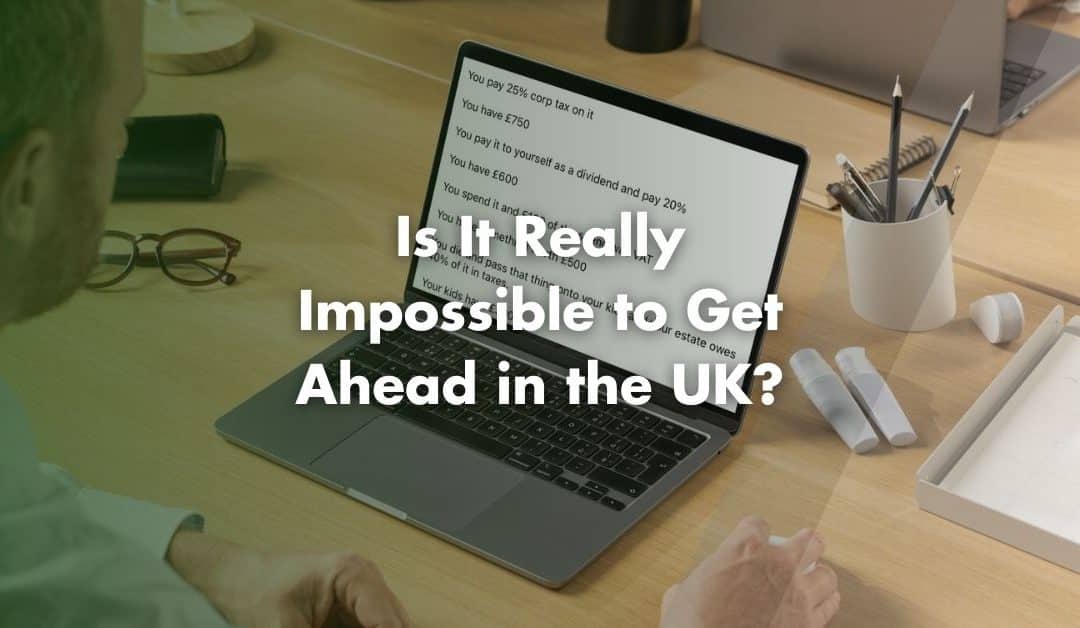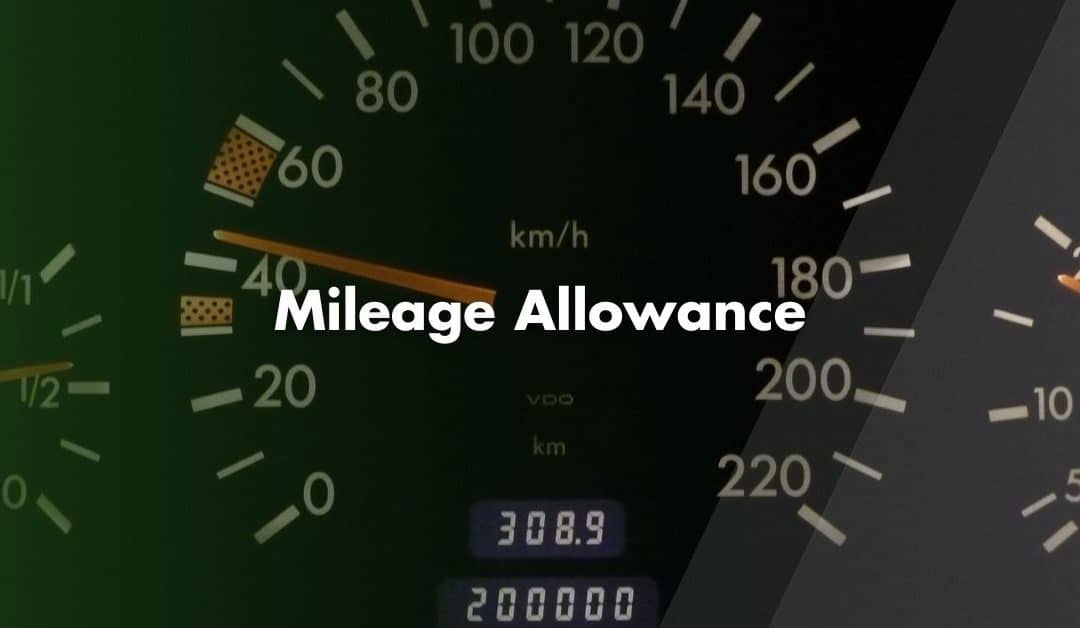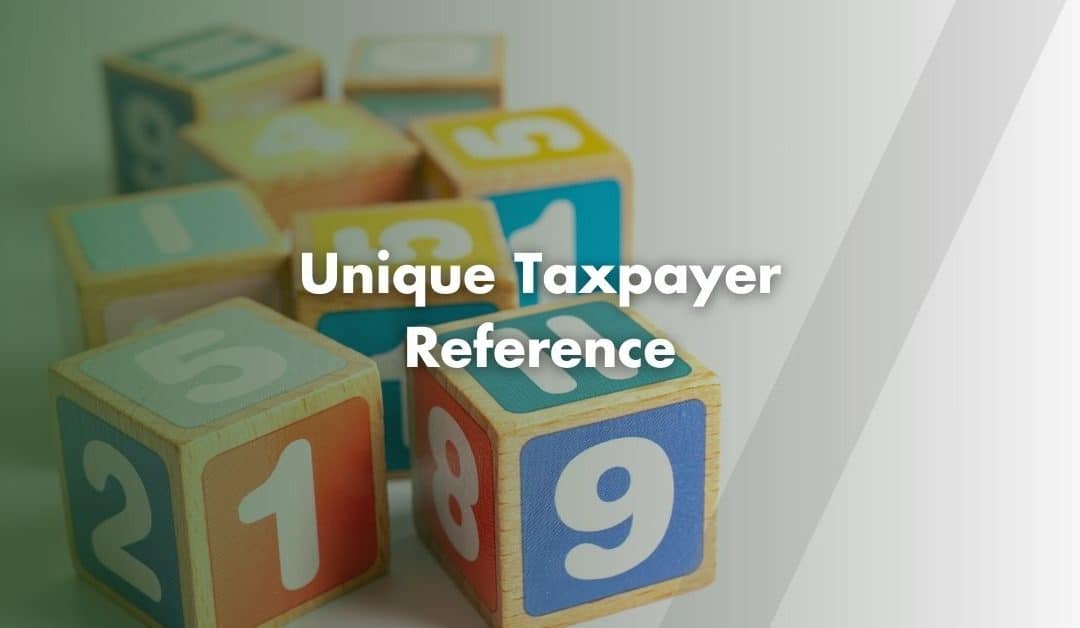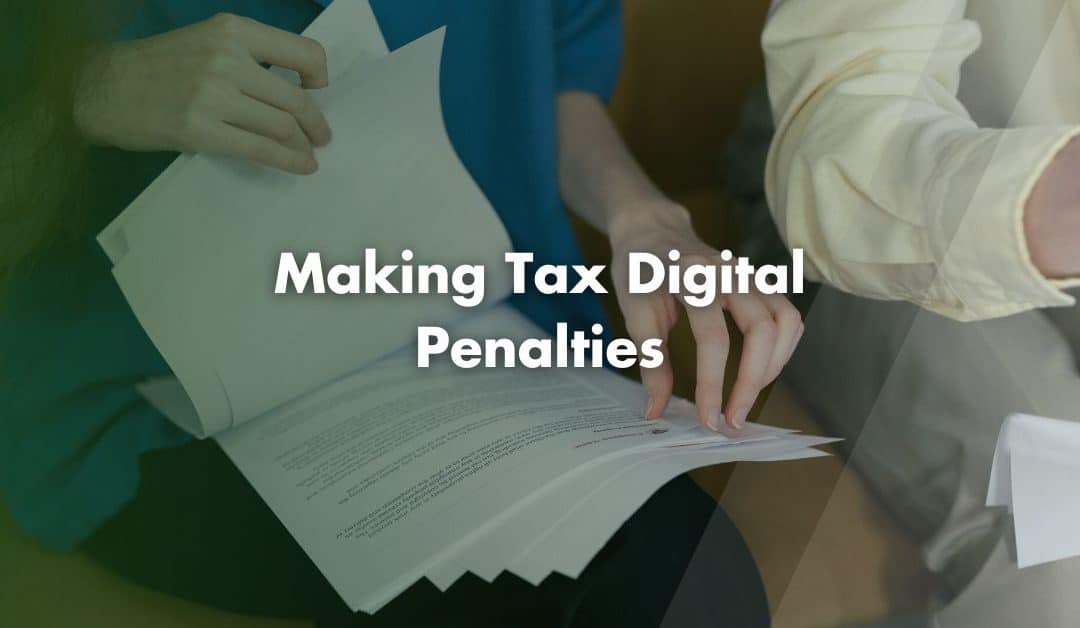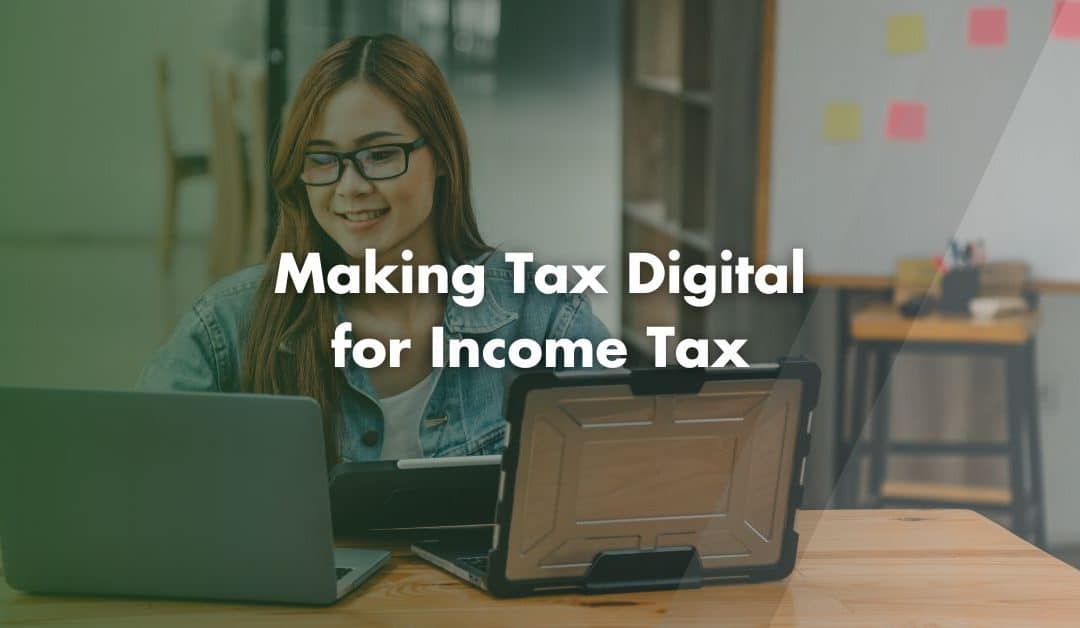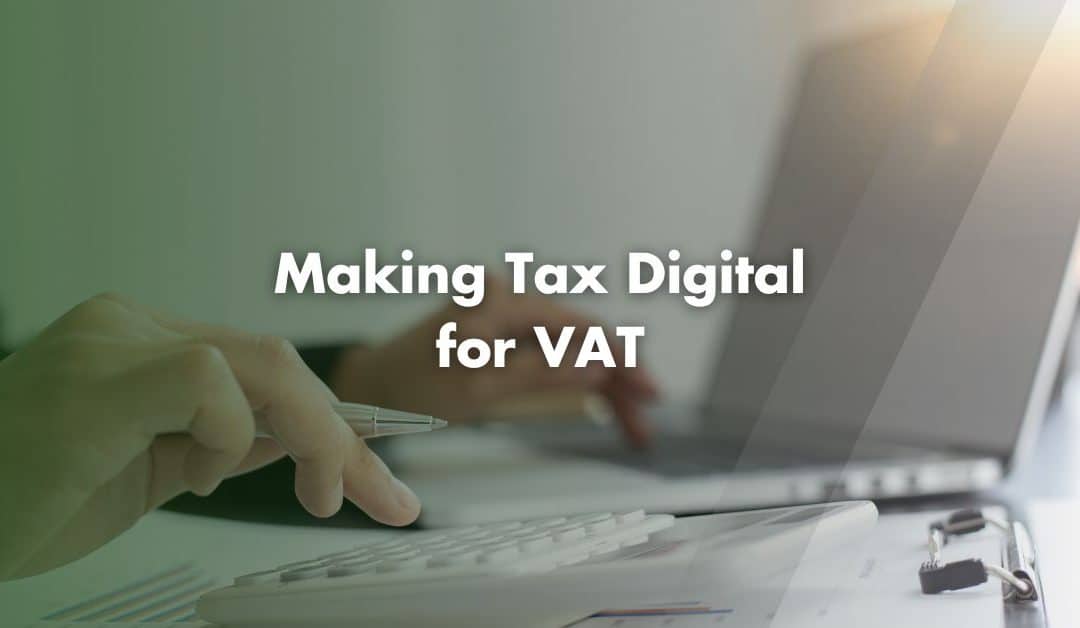
by Pi Accountancy | Jun 4, 2025 | Allowances
One of the most effective ways to lower your tax bill is claiming Capital Allowances. These allow you to deduct the cost of certain long-term business assets from your taxable profits. What are Capital Allowances? Capital Allowances are a form of tax relief. They let...

by Pi Accountancy | Jun 3, 2025 | Allowances
The Annual Investment Allowance, or AIA, is a generous form of tax relief which supports and stimulates business growth across the UK. It enables companies and self-employed individuals to deduct the full cost of specific capital investments from their taxable profits...

by Pi Accountancy | May 29, 2025 | VAT
Submitting a VAT return can be overwhelming, especially if you are unsure what information to give to your accountant. Getting it right means that your return is accurate and compliant with HMRC regulations. What to Give Your Accountant for a VAT Return The documents...

by Pi Accountancy | May 28, 2025 | VAT
If you run a business in the UK, you may need to become VAT registered at some point. You need to understand the VAT registration process to avoid penalties and make the most of potential benefits. Who Needs to Become VAT Registered? Businesses must register for VAT...

by Pi Accountancy | May 27, 2025 | VAT
VAT (Value Added Tax) on food is often a confusing subject. The rules aren’t just black and white; they vary depending on the type of food, it’s preparation and even how people eat it. While most essential food items are zero-rate (no VAT), there are...

by Pi Accountancy | May 22, 2025 | National Insurance
Employers pay Employers’ National Insurance Contributions in addition to employees’ wages are a legal requirement for most businesses. When an employee earns over a certain threshold, the employer must pay Class 1 (Secondary) National Insurance on those...

by Pi Accountancy | May 21, 2025 | Allowances
The Employment Allowance allows eligible businesses and charities to reduce their Employers’ National Insurance bill. From April 2025, the allowance will increase to £10,500 per tax year. This applies only to the employer’s share of Class 1 National...

by Pi Accountancy | May 20, 2025 | Payroll and Employment
Payroll Giving is one of the most flexible and tax-efficient ways to charity. It is simple to set up and easy to manage, while being highly rewarding for everyone involved. What is Payroll Giving? Payroll Giving is a straightforward way for employees to make regular...

by Pi Accountancy | May 15, 2025 | Payroll and Employment
If you have ever stared at your payslip and wondered what the strange mix of letters and/or numbers next to your name means, you’re not alone. That small detail is your payroll number. Payroll numbers help your employer manage salaries and taxes, while keeping...

by Pi Accountancy | May 14, 2025 | Payroll and Employment
From April 2027, you will need to tax most employee perks – known as Benefits In Kind – through payroll instead of annual forms. Payrolling Benefits In Kind involves adding the value of employee perks to payroll calculations. Instead, of reporting benefits once a...

by Pi Accountancy | May 13, 2025 | Payroll and Employment
Payroll doesn’t need to be complicated. With the right information, it becomes a smooth and manageable process. What is Payroll? Payroll is the system you use to pay your employees. It includes calculating wages, making deductions for tax and National Insurance,...

by Pi Accountancy | May 9, 2025 | General
The Bank of England has cut interest rates from 4.5% to 4.25%, marking the fourth cut since rates peaked at 5.25% in 2024. Why Did the Bank of England Cut Interest Rates to 4.25%? The decision followed a closely divided vote by the Bank’s Monetary Policy...

by Pi Accountancy | May 8, 2025 | Allowances
The Structures and Buildings Allowance encourages investment in commercial infrastructure by allowing businesses to recover some of the costs spent on constructing, purchasing or improving non-residential properties. What is the Structures and Buildings Allowance? The...

by Pi Accountancy | May 7, 2025 | SDLT
When it comes to taxes, most people are familiar with Stamp Duty Land Tax (SDLT) on property purchases. However, the lesser known Stamp Duty Reserve Tax (SDRT) applies to buying shares and securities electronically. What is Stamp Duty Reserve Tax? Stamp Duty Reserve...

by Pi Accountancy | May 6, 2025 | SDLT
If you are planning to buy property or land in England or Northern Ireland, you may need to pay Stamp Duty Land Tax (SDLT). This tax can significantly impact your overall budget. What is Stamp Duty Land Tax? Stamp Duty Land Tax is a tax that buyers must pay when...

by Pi Accountancy | May 1, 2025 | Frequently Asked Questions
Benefits In Kind (BIKs) are any perks or services an employer provides to an employee or director that they do not include in their regular salary. The employer provides these extras to enhance the employee experience or make their job easier. Although employers do...

by Pi Accountancy | Apr 30, 2025 | General
A recent Facebook post recently claimed that if you earn £1,200 in your business, you only leave your children with £300 after tax. The post blames high UK taxes and claims this is why people are leaving the country. But how true is this? The Starting Point: A Sale...

by Pi Accountancy | Apr 29, 2025 | Allowances
If you regularly use your personal vehicle for work, Mileage Allowance could help you save money and reduce your tax liability. What is Mileage Allowance? Mileage Allowance is a tax-free reimbursement for individuals who use their own vehicle for work-related...

by Pi Accountancy | Apr 24, 2025 | Business
In simple terms, “Plant and Machinery” refer to the essential tools, equipment and systems that a business needs to keep running smoothly. These assets are not just helpful for daily operations, they also offer businesses the opportunity to claim tax...

by Pi Accountancy | Apr 23, 2025 | Self Assessment
If you are self-employed, run a business or receive income is not taxed through an employer’s payroll, you have likely come across the term “Unique Taxpayer Reference” or UTR number. While it might sound technical, understanding what a UTR number is,...

by Pi Accountancy | Apr 22, 2025 | MTD
The UK Government is accelerating its rollout of Making Tax Digital for Income Tax (MTD IT) and recent announcements have added greater clarity to the direction of travel, from a threshold drop to no more online filing alternative. MTD IT Income Threshold to Drop in...

by Pi Accountancy | Apr 17, 2025 | MTD
With the gradual rollout of Making Tax Digital for Income Tax (MTD IT), HMRC is introducing a new penalties system. These updated rules are stricter, more structured and far more time-sensitive that many taxpayers are used to. Who Will Be Affected By MTD Penalties?...

by Pi Accountancy | Apr 16, 2025 | Advisory and Resources, MTD, Property Landlords, Regulations and Schemes, Self Assessment, Self-Employed, Self-Employment and SMEs, Taxes
Making Tax Digital (MTD) for Income Tax is changing how sole traders and landlords keep records and report income to HMRC. Instead of completing most of the work once a year, you will spread your tax admin more evenly across the year. As a result, you can keep better...

by Pi Accountancy | Apr 15, 2025 | MTD
Making Tax Digital (MTD) is a government initiative to modernise the tax system, making it more effective and efficient. It requires businesses to keep digital tax records and submit VAT returns using HMRC-approved software. MTD helps businesses avoid common mistakes...



